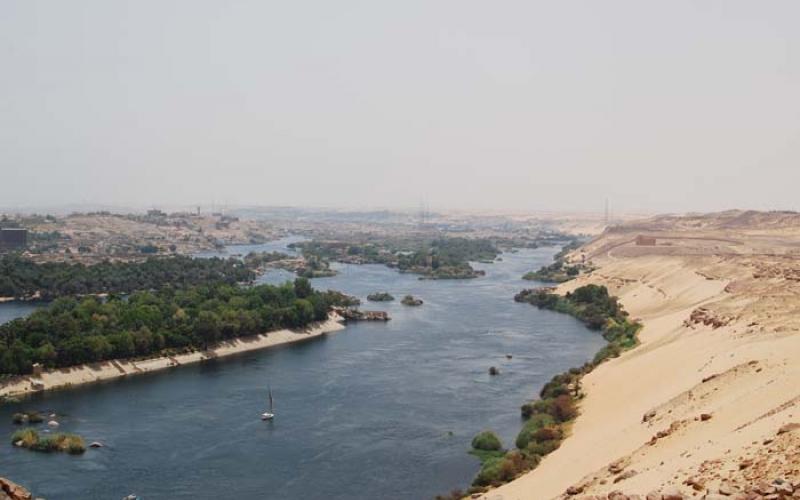Date: Thursday, 07 September 2017
Egypt and controlling the Nile: From mythologies to real politics
Sep 07, 2017

©Jiseon Shin
River Nile is steeped in Egyptian mythology. But the waters of the Nile are a crucial resource for several other countries. Conflicts over the world's longest river, even in recent times, have almost led to war. This should not be the case. The Nile waters must be managed as a source of cooperation and sustainable development for all the countries involved.
1. Introduction
The Nile River occupies a central place in the general perception of all Egyptians since the pre-Christian era of ancient Egypt. The river has been the nucleus of the ancient world and its lifeline, thereby justifying the sanctification of its waters. Claiming a lack of knowledge on the part of the ancient Egyptians could not have been why they perceived that the source of the Nile water was of divine nature. The origin of the Nile’s water and its flow for the ancient Egyptians was the god Noun, the Lord of the eternal water, who was the cradle of all living beings including the gods themselves.
It is possible that this sacred development of the Nile River, which dominated ancient Egyptian thought, is due to two fundamental reasons. First, Egypt was considered the gift of the Nile, thereby explaining the constant respect and veneration it received from the Egyptians; and, second, the inconceivable notion that the lifeline of Egypt stems from outside its holy lands. Based on this belief in the holy progression of the Nile, this great river became a determinant of Egypt as a homeland and its national identity.
As Emile Ludwig identified, the Egyptian god Amun deemed Egypt as the country where the Nile flooded from, and that anyone who drinks from the Nile after Elephantine is Egyptian [1]. Moreover, Seneca argued: “All rivers were 'vulgares aqua' but the Nile was the 'most noble' of all watercourses."[2] The modern Egyptian thinker, Jamal Himdan, emphasized this sense of thinking by saying: "The first civilization was the fruit of a blissful union between Egypt and the Nile. If history is the father of the Egyptians, Egypt is the mother of the world, and the Nile is simply the greatest ancestor of human civilization”.[4]....................
..............Continue to read the article below
Berhane Habtemariam